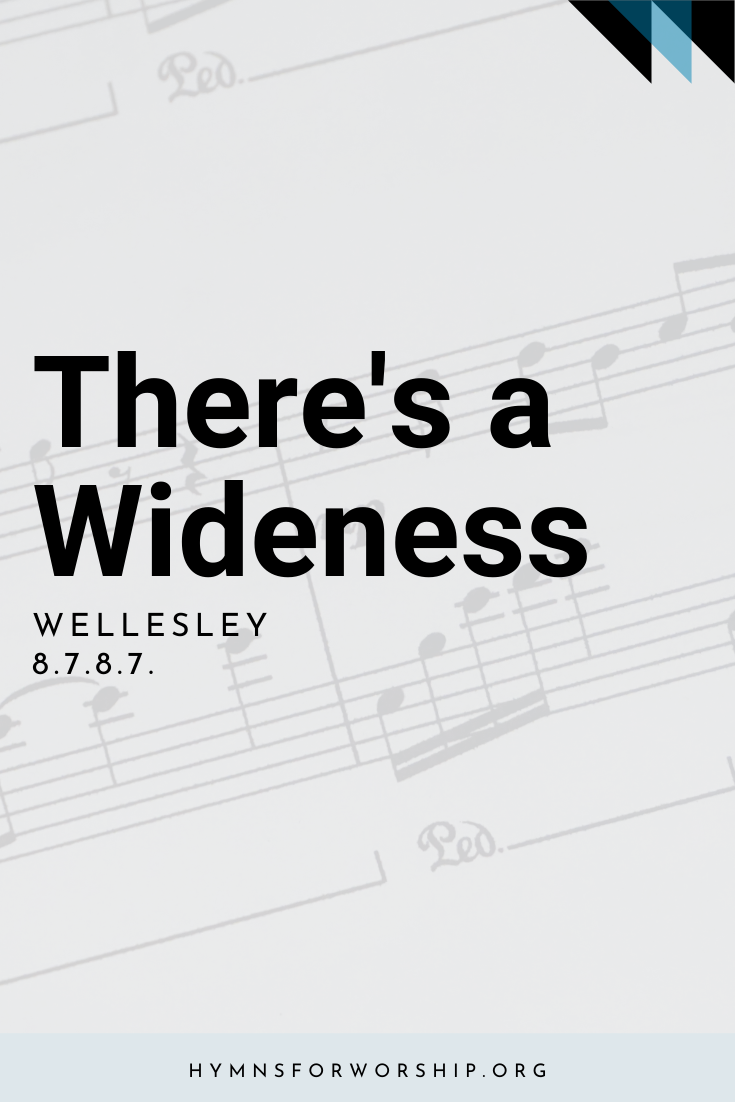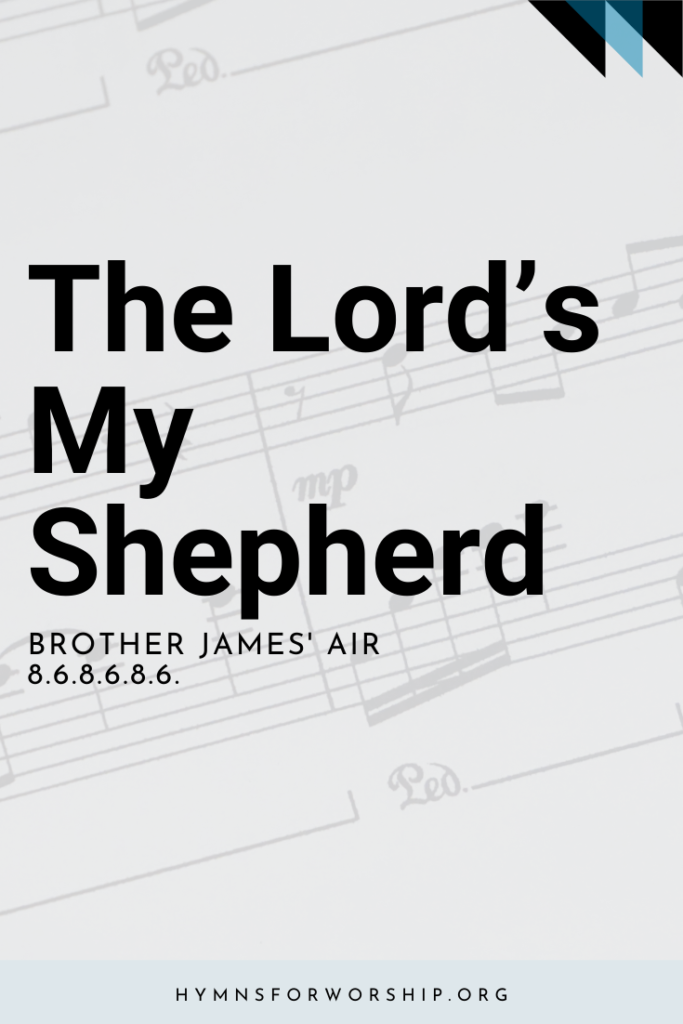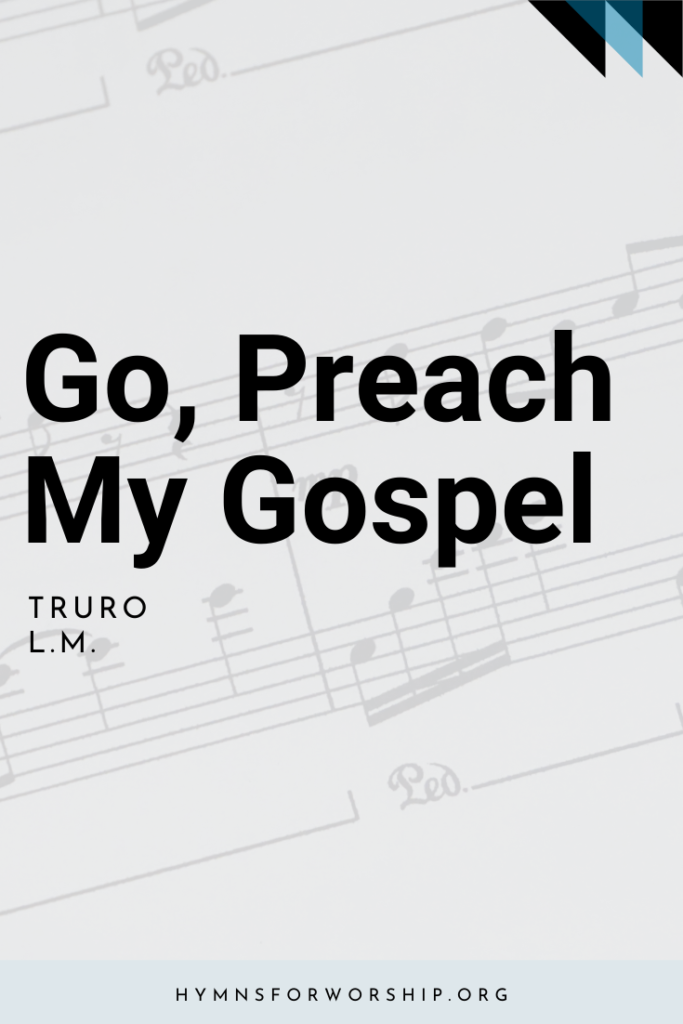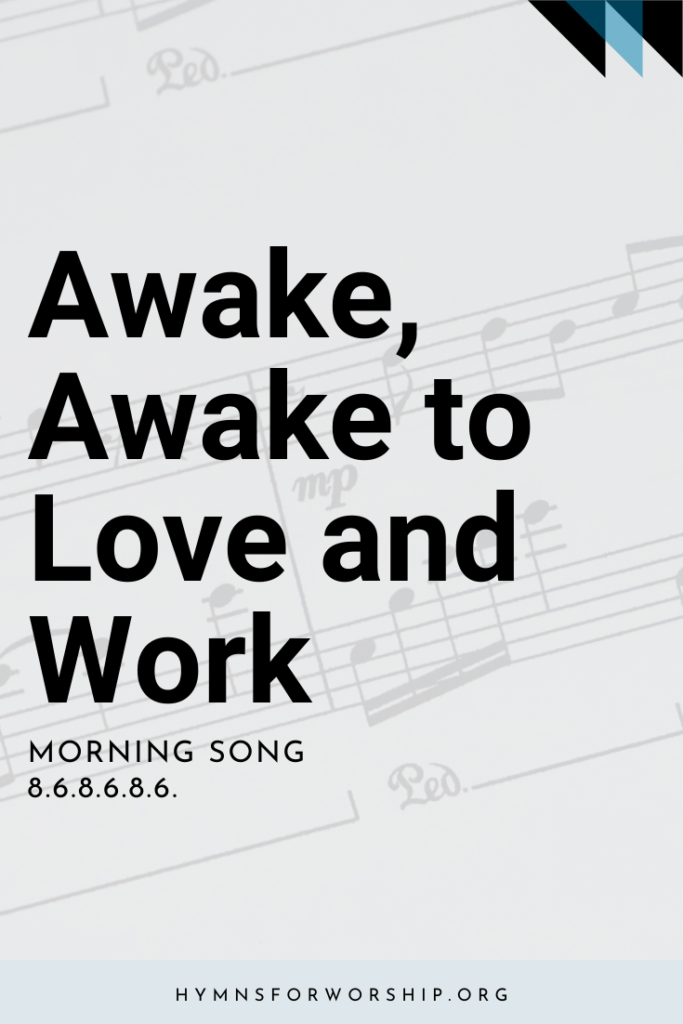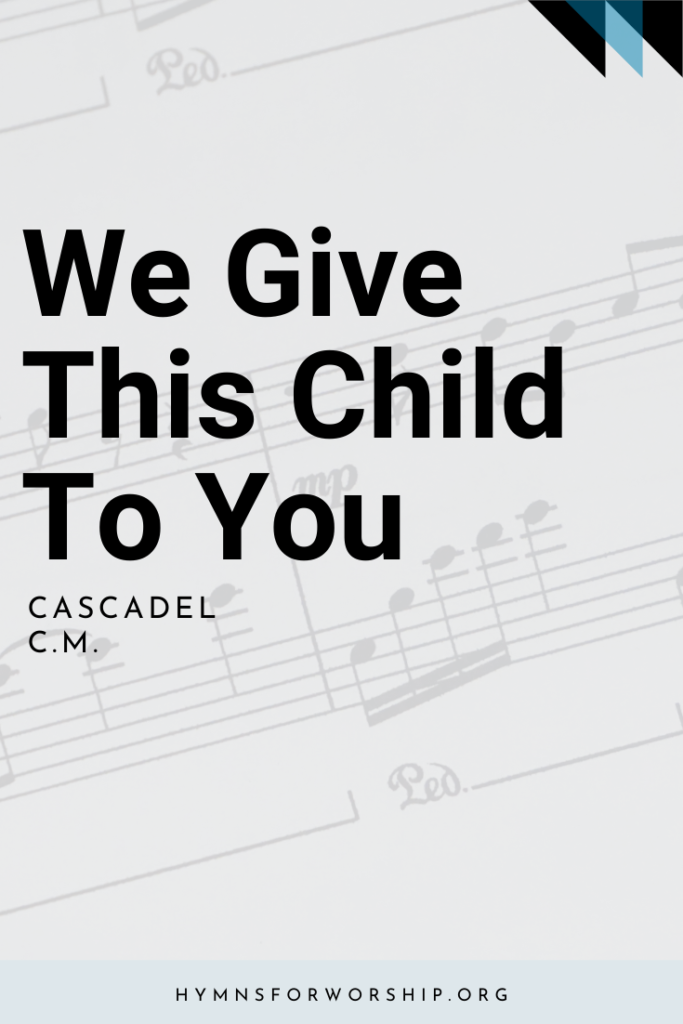GOD THE FATHER >> GRACE & MERCY OF GOD
SDAH 114
There’s a wideness, in God’s mercy,
like the wideness of the sea;
There is mercy, with the Savior,
Which is more than liberty.
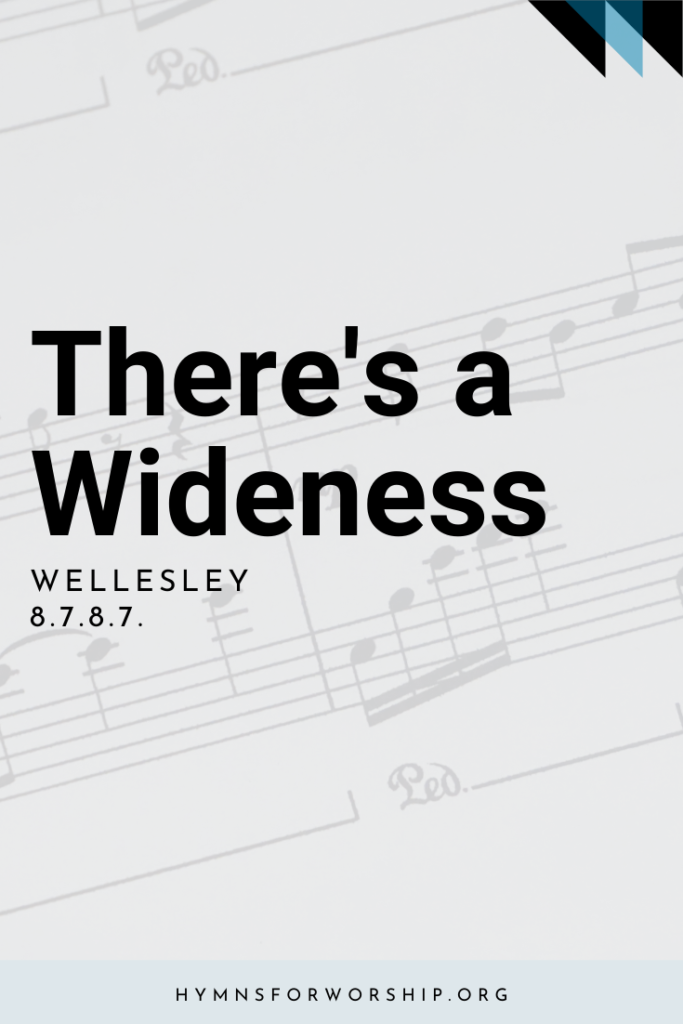
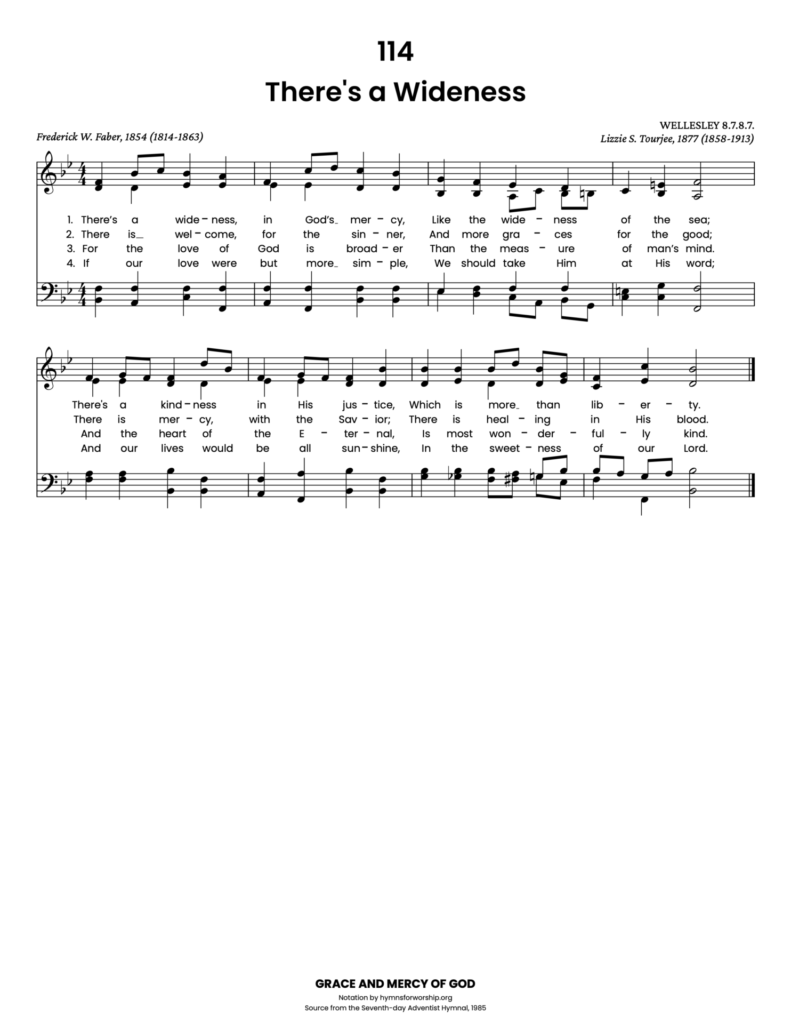
Get the hymn sheet in other keys here
For Worship Leaders
Make each hymn more meaningful with these helpful tools: Short, ready-to-use hymn introductions for church bulletins, multiple ways to introduce a hymn based on your worship theme and in-depth history and insights to enrich your song service.
Hymn Spotlight: There’s a Wideness in God’s Mercy
Originally written by Frederick William Faber in 1854, this hymn draws from a longer poem of 13 stanzas, offering a message of hope and grace. Faber, once an Anglican priest, later joined the Roman Catholic Church, but his hymns reflect a deep desire to make God’s love accessible to all through song.
The gentle tune WELLESLEY was composed by Lizzie Tourjee Estabrook in 1877 and named after Wellesley College, where it gained popularity.
As we sing, may we be reminded of God’s immense mercy—a love broader than the sea and deeper than our fears.


Text
1
There’s a wideness, in God’s mercy,
like the wideness of the sea;
There is mercy, with the Savior,
Which is more than liberty.
2
There is welcome, for the sinner,
and more graces for the good;
There is mercy, with the Savior,
There is healing in His blood.
3
For the love of God is broader
Than the measure of man’s mind.
And the heart of the Eternal,
is most wonderfully kind.
4
If our love were but more simple,
We should take Him at His word;
And our lives would be all sunshine,
In the sweetness of our Lord.

Hymn Info
Biblical Reference
(a) Ps 89:14 (b) Luke 19:6 (c) Eph 3:18, 19
Author
Frederick W. Faber (1814-1863)
Year Published
1854
Hymn Tune
WELLESLEY
Metrical Number
8.7.8.7.
Composer
Lizzie S. Tourjee (1858-1913)
Year Composed
1877
Theme
GRACE & MERCY OF GOD

